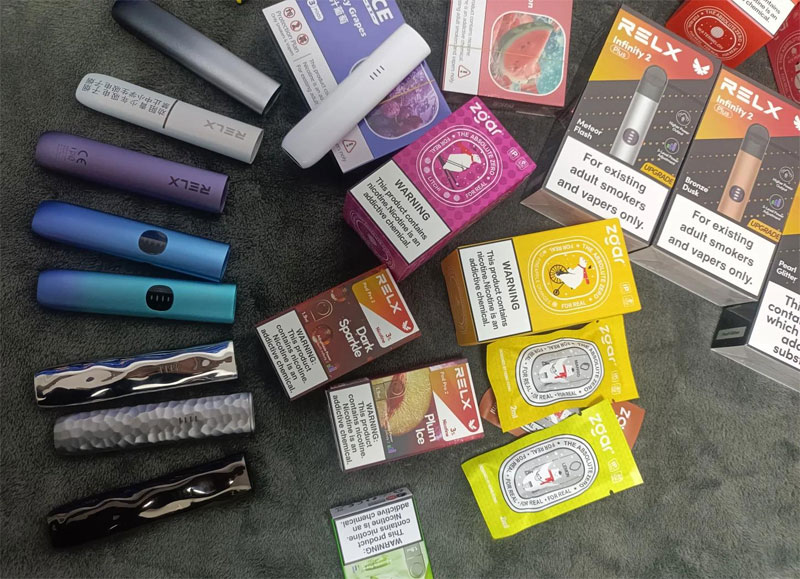
The U.S. Food and Drug Administration (FDA) has played a pivotal role in Juul’s market withdrawal. In recent years, the FDA has ramped up its efforts to regulate e-cigarettes, scrutinizing manufacturers to ensure compliance with health standards. Juul, in particular, has been in the spotlight for reportedly targeting youth demographics through advertising campaigns. These concerns have led to calls for stricter advertising regulations and age restrictions to prevent minors from accessing e-cigarettes.
The Impact on Consumers
For many consumers, especially those who have used Juul products as a smoking cessation tool, the removal poses a significant impact. The withdrawal creates a gap in the market, leaving consumers searching for alternatives. What does this mean for existing Juul users? Users accustomed to Juul’s specific flavors and nicotine delivery might find it challenging to switch to different brands, leading to possible disruptions in their nicotine consumption routines.
Users accustomed to Juul’s specific flavors and nicotine delivery might find it challenging to switch to different brands, leading to possible disruptions in their nicotine consumption routines.
The sudden absence of Juul products in the market could potentially redirect consumer demand towards other vaping products or traditional cigarettes. This shift raises concerns about the overall impact on public health, as consumers seek alternatives that may or may not offer the same level of convenience or satisfaction. Additionally, the market’s ability to provide safe and effective alternatives becomes crucial.
- Market Competition: With Juul’s exit, other e-cigarette manufacturers may vie for former Juul customers, leading to increased innovation and competition in the vaping industry.
- Public Health Concerns: Health authorities are watching closely to ensure that former Juul users have access to safer alternatives.
- Regulatory Changes: Juul’s removal from the market could prompt stricter regulations across the vaping industry.
Moreover, market dynamics are likely to evolve, with smaller and newer brands seizing the opportunity to fill the void left by Juul. This shift can lead to an influx of new products, each vying for consumer attention with promises of safety and enhanced experiences. Nonetheless, ensuring these claims are scientifically backed and maintaining regulatory compliance will be pivotal for any company hoping to capture the audience left in Juul’s wake.
FAQ
Q1: Why was Juul removed from the market?
A1: Juul was removed due to health concerns, regulatory scrutiny, and its alleged impact on youth nicotine addiction.
Q2: What are the alternatives for Juul users?
A2: Alternatives include other e-cigarette brands, nicotine patches, gum, and traditional smoking cessation aids.
Q3: Will Juul products return to the market?
A3: It depends on the company’s ability to address regulatory concerns and comply with health standards in the future.